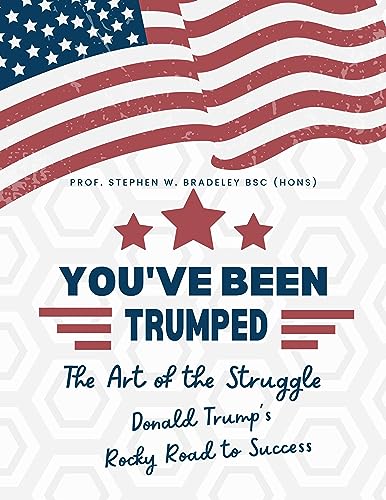Please share my lesson using your social media platforms. Use the links above.
Student FREE Bookstore (CLICK HERE)
CLICK HERE TO GO TO AMAZON.COM.BR
The Subjunctive Mood
Introduction
What is the subjunctive mood?
In the complex world of English grammar, the subjunctive mood stands out as a fascinating and versatile linguistic feature. This lesson will look into the intricacies of the subjunctive mood, exploring its unique role in expressing uncertainty, wishes, and hypothetical situations. We will journey through its history, outline the rules governing its use, and illustrate the beauty it brings to language with compelling examples. By unraveling the mysteries of this enigmatic grammatical mood, we will unlock new depths to our understanding and appreciation of English language’s power to convey both nuance and emotion.
VOCABULARY REVIEW: >>>>>
Section One:
What is the subjunctive mood and how do we use it?
The subjunctive mood is a grammatical construct that conveys hypothetical situations, wishes, desires, or actions that are contrary to fact. In English, the subjunctive mood is often used when discussing hypothetical or unreal situations and expressing emotions, such as doubt, supposition, and necessity.
We use the subjunctive mood in various ways:
1. Wishes and desires: Use the base form of the verb to express a wish or desire.
Example: I wish I were at the beach right now. (Here, “were” is in the subjunctive mood.)
2. Hypothetical situations: Use the past subjunctive form “were” for unreal or hypothetical situations.
Example: If I were you, I would take the job offer. (This sentence discusses an unreal situation since the speaker cannot become the listener.)
3. Recommendations and suggestions: Use the base form of the verb after phrases such as “I suggest,” “I propose,” or “I recommend.”
Example: It’s essential that she practice her piano every day. (Here, “practice” is in the subjunctive mood.)
4. Commands and demands: Use the base form of the verb after phrases such as “I demand,” “I command,” or “I insist.”
Example: He insisted that she leave immediately. (In this sentence, “leave” is in the subjunctive mood.)
5. Expressing conditions contrary to fact: Use “were” with a past participle following an auxiliary verb like “could” or “would.”
Example: If he had known about the party, he would have come. (This sentence describes a situation contrary to what actually happened.)
VOCABULARY REVIEW: >>>>>
Section Two:
Write three example sentences using any of the forms of the subjunctive moods above.
VIDEO LISTENING SECTION:
Questions:
-
-
-
- Explain what is the indicative mood and give me an example sentence.
- How could we start a sentence in the subjunctive mood?
- Give a sentence with “I suggest” in it.
- Give a sentence with “I recommend that” in it.
- Give a sentence with “it’s important that” in it.
- What were they actually talking about?
-
-
I recommend that you read this book. CLICK HERE



